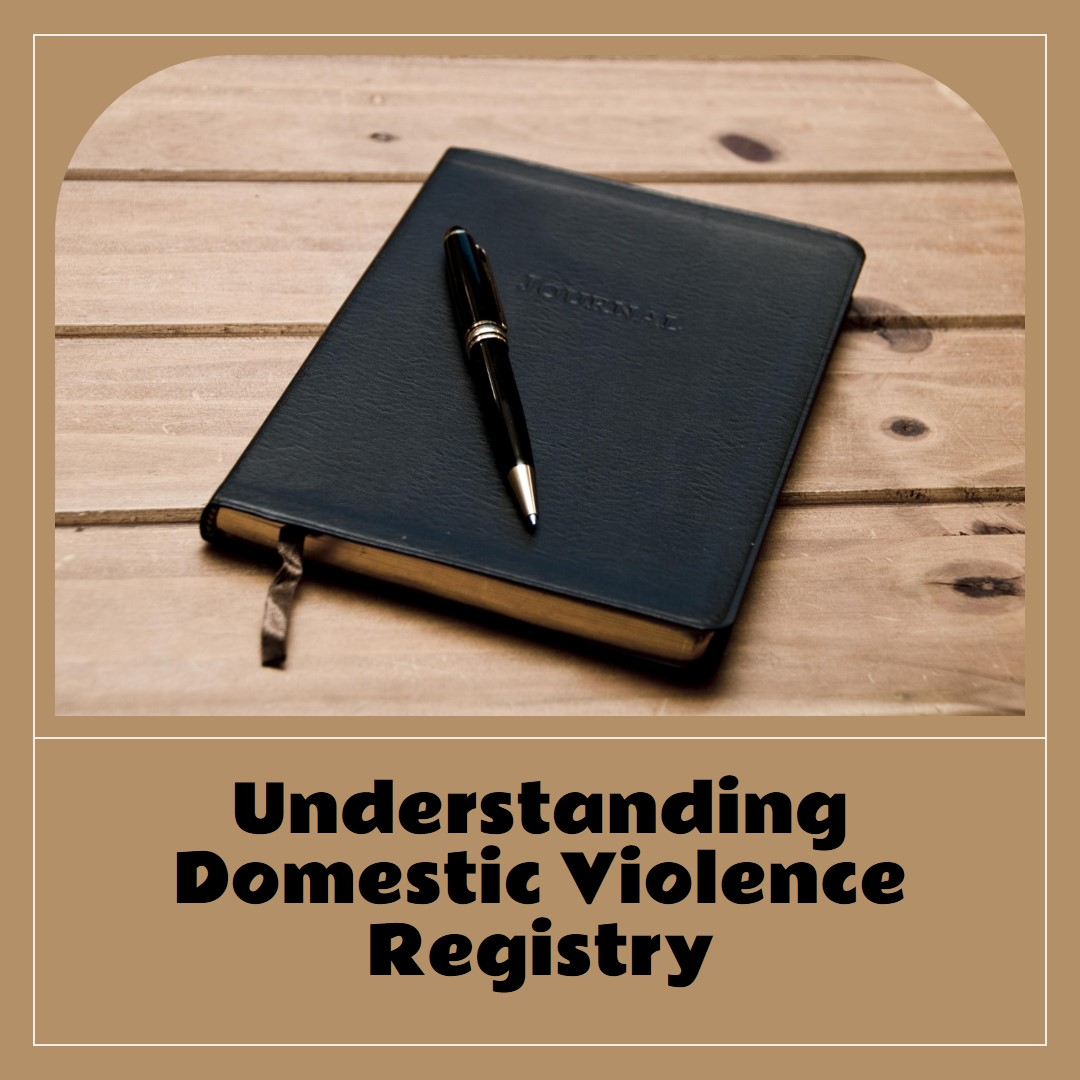What Are the Long-Term Effects of Domestic Violence in New Jersey?
Domestic violence is a pervasive issue that affects countless individuals and families across New Jersey. While the immediate physical and emotional impacts of abuse are well-documented, the long-term effects of domestic violence can be far-reaching and profoundly damaging. Whether you or a loved one has been Accused Of Domestic Violence in New Jersey, it's crucial to understand the potential long-term consequences and take steps to address them.
Psychological and Emotional Trauma
One of the most significant long-term effects of domestic violence is the psychological and emotional trauma experienced by victims. Survivors may struggle with post-traumatic stress disorder (PTSD), anxiety, depression, and low self-esteem, even long after the abuse has ended. This trauma can manifest in various ways, such as nightmares, flashbacks, and difficulty trusting others, making it challenging to form healthy relationships and maintain a sense of normalcy.
Physical Health Consequences
Domestic violence can also have severe long-term implications for victims' physical health. Chronic pain, disabilities, and injuries sustained during abuse may persist for years, impacting mobility and overall quality of life. Additionally, the stress and trauma associated with domestic violence can increase the risk of developing conditions such as heart disease, chronic pain, and autoimmune disorders.
Impact on Children and Intergenerational Cycles
When children are exposed to domestic violence, whether as direct victims or witnesses, the long-term effects can be devastating. These experiences can lead to behavioral problems, academic difficulties, and an increased risk of developing mental health issues later in life. Additionally, children who grow up in abusive households are more likely to perpetuate or become victims of domestic violence in their future relationships, perpetuating an intergenerational cycle of violence.
Financial and Economic Consequences
Victims of domestic violence often face significant financial and economic challenges, both during the abusive relationship and in the aftermath. Accused Of Domestic Violence in New Jersey can result in job loss, missed work, medical expenses, and legal fees, further compounding the financial strain. This economic instability can make it difficult for survivors to achieve financial independence and rebuild their lives after leaving an abusive situation.
Social Isolation and Stigma
Domestic violence can also lead to long-term social isolation and stigma for survivors. Victims may feel ashamed or embarrassed, leading them to withdraw from social circles and support networks. Additionally, the abuser's tactics of control and manipulation can create a sense of isolation, making it challenging for victims to seek help or rebuild their social connections after leaving the abusive relationship.
The long-term effects of Domestic Violence Registry New Jersey are far-reaching and can impact every aspect of a survivor's life. From psychological and emotional trauma to physical health consequences, the impact on children and intergenerational cycles, financial and economic challenges, and social isolation and stigma, the repercussions of being Accused Of Domestic Violence in New Jersey can be devastating. It is crucial to prioritize support and resources for survivors, promote awareness and prevention efforts, and hold perpetrators accountable for their actions. By addressing domestic violence and its long-term effects head-on, we can create a safer and more supportive environment for survivors and work towards breaking the cycle of abuse in our communities.
